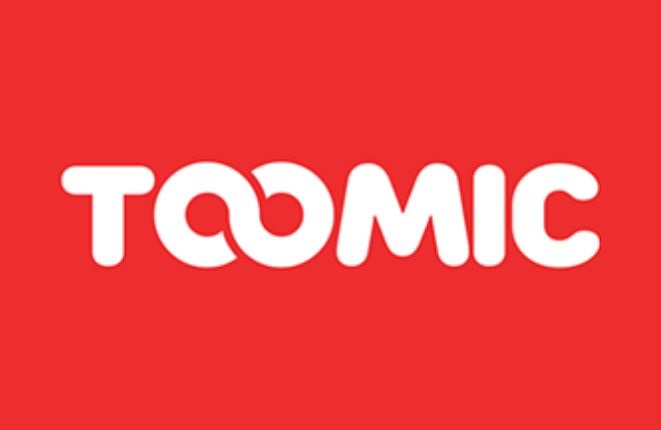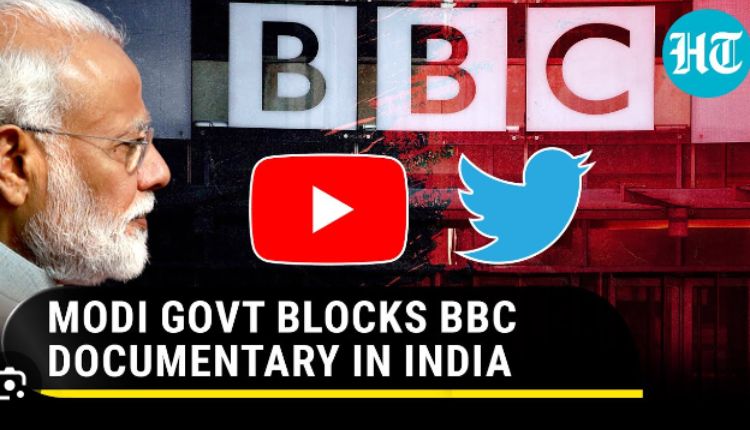The bbc documentary on modi is a two-part series that examines Modi’s role in the 2002 Gujarat riots, where more than 1,000 people were killed. The film cites a UK government report that holds Modi responsible, but his government has blocked the documentary online and used emergency powers to arrest students who hosted screenings.
The First Part
The first part of the two-part documentary aired last week. It looks at Modi’s time as chief minister of India’s western state of Gujarat in 2002 during anti-Muslim riots that killed more than 1,000 people.
The bbc documentary on modi India: The Modi Question examines allegations against the current prime minister that he failed to do enough to stop the violence. It cites an unpublished British government report that says Modi was directly responsible for the climate of impunity that enabled the violence. The BBC also talks to the man who wrote that report, then Foreign Secretary Jack Straw.
Modi’s ruling Bharatiya Janata Party denies the charges. It says the documentary is biased and that the BBC has a “hidden agenda.” A government spokesperson called the documentary “propaganda,” saying it lacks objectivity and pushes a “discredited narrative.”
CNN reached out to the BBC for comment, but didn’t receive an immediate response. The BBC said in a statement that it was committed to “bringing important stories from around the world to as wide an audience as possible.”
While the allegations are nothing new to those who closely follow Indian politics, the documentary is likely to resonate internationally because of Modi’s rise to global prominence and his popularity at home. His supporters see him as a champion of Hindu nationalism, and the riots are seen as emblematic of that movement.
The riots began when 60 Hindu pilgrims traveling on the Sabarmati Express train were killed in a fire that was blamed on Muslims. The ensuing wave of bloody retaliatory attacks killed more than 1,000, mostly Muslim victims, and was widely condemned as ethnic cleansing. The documentary cites an unpublished report from the British government, and interviews with officials who led the investigation.
The documentary’s release comes after Human Rights Watch sounded the alarm over ongoing concerns about discrimination against minorities, particularly Muslims, in India. The organization’s 2022 World Report found that the Bharatiya Janata Party-led government has a history of bias, with supporters engaging in violent attacks, institutions displaying partiality, and journalists and activists facing suppression through politically motivated prosecutions.
Despite the Indian government’s efforts to block the documentary, it hasn’t stopped people from holding screenings in private homes and at universities. Those who want to view the documentary are using VPNs and trading flash drives. The BBC has said it will continue to make its films available as long as people can access them. The BBC’s statement said the documentary was rigorously researched and took into account a “wide range of voices, witnesses, and experts—including responses from people in the BJP.” The organization says it did not have a political agenda when making the film. The second part of the documentary is scheduled to air next week. The BBC will offer its right to reply to the Indian government before it airs.
The Second Part
The second part of the bbc documentary on modi focuses on allegations of discrimination against India’s Muslims under Modi. The first part of the series looked at the prime minister’s role in the anti-Muslim violence that swept through Gujarat in 2002, when Modi was chief minister of the state. The fire that killed 60 Hindu pilgrims in a train carriage was blamed on the Muslim community and led to a wave of mob violence that left more than 1,000 people dead, according to official estimates. A special investigation team found no evidence of complicity on the part of Modi, but he has been accused by critics of encouraging the violence and turning a blind eye to it.
The BBC documentary sparked outrage in India, where it was banned from being shown at universities and social media sites were forced to remove clips using emergency laws. A petition by a Hindu nationalist organization asked the Supreme Court to ban the BBC in India, but the petition was rejected. Tax officials also inspected the BBC offices in New Delhi and Mumbai. The corporation has said it stands by the documentary and that it does not have an agenda.
However, the BBC has come under fire from rightwing media outlets and social media users in India who accuse it of bias against Modi. Some members of parliament have also criticized the documentary. Tory MP Bob Blackman wrote to the BBC’s director-general claiming it was “heavily one-sided” and that it was trying to “tarnish India’s international image”. Labour peer Rami Ranger questioned whether the documentary was being made by the BBC’s Pakistani-origin staff, saying that “it would be deplorable to use the documentary as a tool for a political attack”.
Part two of the bbc documentary on modi takes a look at Modi’s plans following his re-election in 2019. It examines how his brand of Hindu nationalism has been embraced by voters and how his policies appear to discriminate against minorities. The BBC documentary argues that these prejudices could pose future problems for India’s relations with the US and other western countries, which are increasingly seeking close trade deals and partnerships.
The BBC has defended the documentary, saying that it was “rigorously researched”. It added that it had offered the Indian Government a right of reply on the issues raised in the film, but that they declined. The broadcaster has also said that the series was not intended to hurt the government or to target any individuals. Its statement continued: “The programme featured a wide range of voices, witnesses and experts and we have included responses from those in the BJP.” The statement concluded: “We take our responsibility to report the world in a balanced way very seriously.” The BBC has said that it will continue to make its journalism robust and impartial, regardless of what the government does to try and stop it from being seen in India.
The Final Words
The two-part documentary India: The Modi Question revisits allegations from more than a decade ago, when the prime minister of India was chief minister of Gujarat during anti-Muslim violence. The riots started when a train carrying Hindu pilgrims was set on fire, killing dozens of people, mostly Muslims. The government of the western state of Gujarat blamed the incident on Muslims and a wave of violence swept through the area, with Hindu mobs attacking Muslim homes. More than 1,000 people were killed, mostly Muslims. The prime minister has denied accusations of complicity in the violence, and a Supreme Court-ordered investigation found no evidence to prosecute him.
The BBC’s report, aired in the UK in January, drew sharp criticism from Indian officials and the ruling Bharatiya Janata Party. The Indian ministry of information and broadcasting called the documentary “hostile propaganda” and accused the BBC of having a “colonial mindset.” The government attempted to block sharing of the documentary on social media by blocking links and clips, which Twitter and YouTube complied with. The government’s adviser on foreign affairs, Kanchan Gupta, denounced the documentary as “anti-India garbage” and “propaganda.”
In a statement to reporters, the BBC said that it was “unaware of any legal action against it by the Government of India” and that it had made every effort to ensure its reporting was fair and accurate. It also said that the documentary was “rigorously researched” and included many different voices, including those from the BJP, which was in power at the time of the riots. It also included an interview with Jack Straw, the British foreign secretary at the time of the riots.
Some Indians have been able to access the documentary online by using VPNs and trading flash drives. Others have reportedly gotten around the censorship by holding wildcat screenings in public spaces, despite threats from local BJP leaders.
The documentary comes as India grapples with the rising tide of religious intolerance and attacks on minorities. Human Rights Watch says that the banning of the documentary reflects a pattern of censorship by the Modi government and a lack of meaningful discussion on these issues in India.
The ban on the documentary is also a blow to India’s international standing and demonstrates its growing insecurity over global opinion about its leadership and record on human rights. Hopefully the upcoming US screening will encourage discussion of these important issues and prompt actions that can lead to tangible change in the country. A more inclusive, equitable and secure India is in everyone’s best interest.
FAQs:
- What are some key highlights covered in the BBC documentary on Modi?
The documentary delves into Narendra Modi’s early life, his association with the Rashtriya Swayamsevak Sangh (RSS), his tenure as Chief Minister of Gujarat, and the controversial events surrounding the 2002 Godhra riots. It also examines his election as Prime Minister in 2014, his foreign policy initiatives, and the ambitious domestic programs like “Make in India” and “Swachh Bharat Abhiyan.”
- Does the documentary present a balanced view of Narendra Modi’s leadership?
The documentary strives to provide a balanced perspective on Modi’s leadership by showcasing both his supporters’ admiration and critics’ concerns. While it highlights his accomplishments in infrastructure development and foreign relations, it also addresses criticisms related to religious tensions, freedom of expression, and human rights issues during his tenure. Viewers are encouraged to draw their conclusions based on the presented information.

